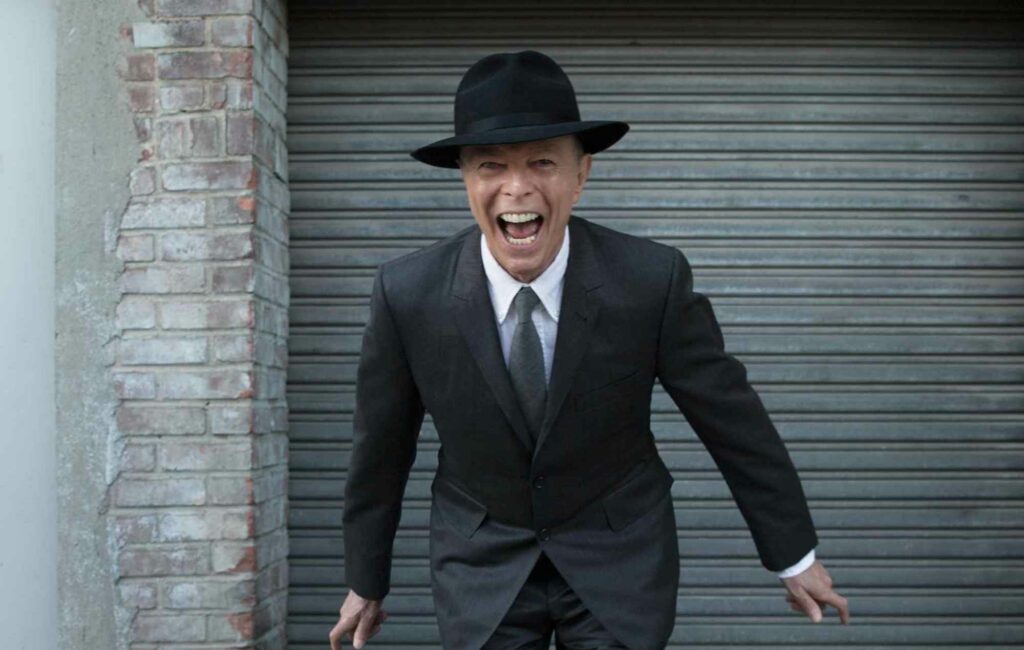David Bowie’s daughter pays tribute on seventh anniversary of his death
The rock icon died seven years ago yesterday (January 10)
By Joe Goggins

David Bowie’s daughter has paid tribute to the rock legend on the anniversary of his death.
Yesterday (January 10) marked seven years since Bowie succumbed to liver cancer at the age of 69. Having kept his condition a secret from all but his closest confidantes, news of his passing was met with global shock, not least because it came just two days after he released his final album, Blackstar, now widely viewed as a swan-song by design.
Bowie is survived by his two children: Duncan Jones, a filmmaker, and Alexandria Zahra Jones, who is his only child with second wife Iman. Now 22, Alexandria – who goes by Lexi – posted a clip to Instagram yesterday showing the pair playing keyboard together at a recording studio, as well as a photograph of the pair when she was a toddler.
She used the post’s caption to deliver the following simple tribute to her father: “7 years ago today. I miss you.” Last month, Iman discussed her husband’s passing in a cover feature for British Vogue. “He is not my ‘late husband’,” she said. “He is my husband. I don’t mind at all being referred to as ‘David Bowie’s wife’. But I always remind people that I existed before I met him. And he was also very particular. He never introduced me by saying, ‘Meet my wife.’ He’d always say, ‘Meet Iman, my wife.’ So we both already had our own identity. We were separate but together.”
Bowie’s death led to an outpouring of tributes from around the world, but in the sit-down with Vogue, Iman discussed the struggle to grieve privately that she and her daughter experienced in the aftermath of his passing. It was too much,” she reflected. “Too much. We lived a very private life and suddenly it felt like there was a target on mine and my daughter’s head.”
“It got to the point where we had to leave our home because the public were always at the front door,” Iman went on. “Which I admire. I get it. But there was a point where it was like: ‘OK, go home now.’ You had people who would take your picture, sell it and then come to you and say, ‘I feel your pain.’ And, I’m like, ‘No, b***h, you don’t feel my pain, get away from me.”
